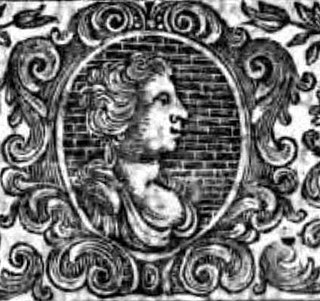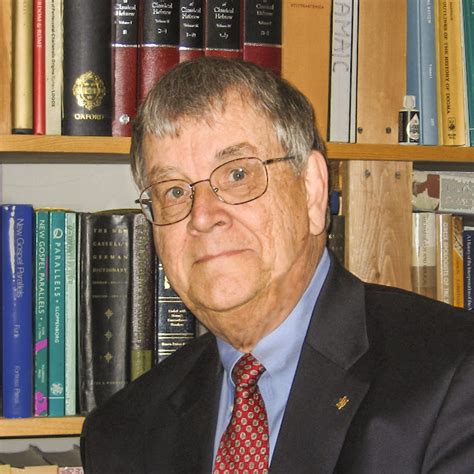A Quote by John Ruskin
If there be any one principle more widely than another confessed by every utterance, or more sternly than another imprinted on every atom of the visible creation, that principle is not liberty, but law.
Related Quotes
That Americans are entitled to freedom is incontestable on every rational principle. All men have one common original: they participate in one common nature, and consequently have one common right. No reason can be assigned why one man should exercise any power or preeminence over his fellow-creatures more than another; unless they have voluntarily vested him with it.
No principle of general law is more universally acknowledged, than the perfect equality of nations. Russia and Geneva have equal rights. It results from this equality, that no one can rightfully impose a rule on another....As no nation can prescribe a rule for others, none can make a law of nations.
It is never to be expected in a revolution that every man is to change his opinion at the same moment. There never yet was any truth or any principle so irresistibly obvious that all men believed it at once. Time and reason must cooperate with each other to the final establishment of any principle; and therefore those who may happen to be first convinced have not a right to persecute others, on whom conviction operates more slowly. The moral principle of revolutions is to instruct, not to destroy.
As each one of us awakens, it is like a light going on, followed by another light, another light, and another light. The darkness of human unconsciousness is slowly, gradually and gently lit, until there comes a day when there is more light than dark, more consciousness than unconsciousness , more joy than pain, ...more truth than illusion. That would indeed be a day for celebration.
Consider: what could be more American than the principle that every person is to be held accountable for his or her crimes only? Could anything be more un-American than the Second Commandment's warning that "I Yahweh, thy God, am a jealous god, visiting the iniquity of the fathers upon the children unto the third and fourth generation."? Not even the Common Law would have hung a man because his grandfather had stolen a horse!
Power has to be protected from scrutiny. That's the principle of every dictatorship, of every autocracy. You hear it from high priests at Harvard and every government department, that power has to be kept secret otherwise it will fade and it won't work. But Bradley Manning is violating that principle.
More than anything, the journal wanted. It wanted more than it could hold, more than words could describe, more than diagrams could illustrate. Longing burst from the pages, in every frantic line and every hectic sketch and every dark-printed definition. There was something pained and melancholy about it.






































